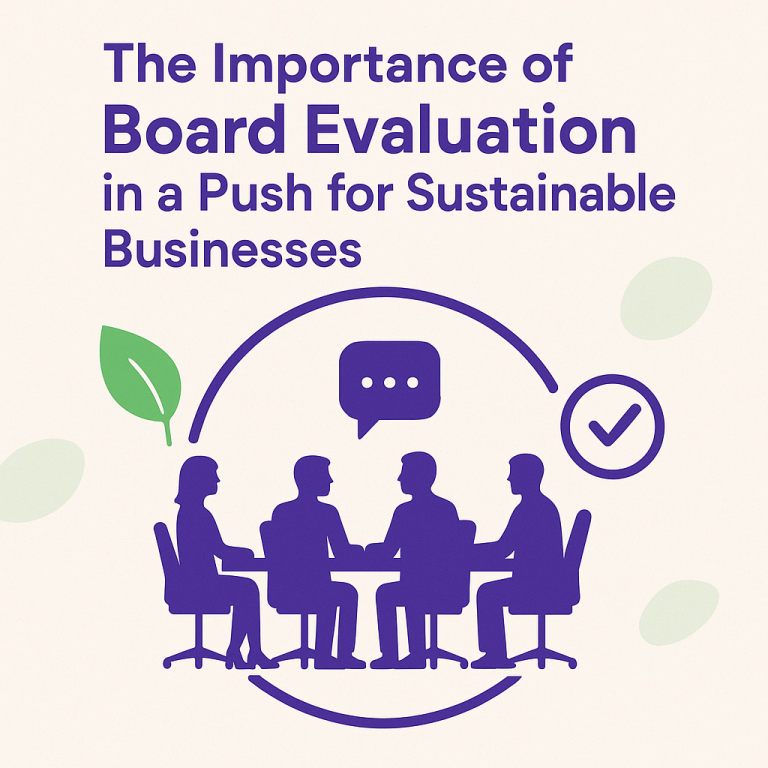ESG Due Diligence
Conventional due diligence primarily centers around evaluating risks and opportunities specific to a particular deal. This involves a thorough examination of historical and anticipated earnings, asset quality, commitments, and contingencies.
On the other hand, Environmental, Social, and Governance (ESG) Due Diligence takes a more expansive approach by providing a thorough analysis of significant ESG factors related to a target entity.
This specialized form of diligence aims to identify, assess, and address material ESG risks, liabilities, and opportunities associated with the target. By doing so, it not only considers financial aspects but also delves into areas such as reputational risks, potential regulatory challenges, and the broader impacts on the target's financial landscape.
The primary objective of ESG Due Diligence (DD) is to empower a Company to make well-informed decisions regarding investment decisions. To achieve this, a comprehensive understanding is necessary in the following areas:
1. Materiality of ESG Risks and Impacts
- Evaluate the significance of ESG risks and their potential impacts on the business.
2. Compliance with ESG Policy
- Assess the company's adherence to relevant laws, regulations, and standards outlined in the fund's ESG Policy.
3. ES&S Management System (ESMS) Adequacy and Implementation
- Examine the sufficiency and current status of the company's Environmental and Social Management System.
4. Commitment, Capacity, and Track Record (CCTR) in ESG Matters
- Gauge the company's dedication, capability, and historical performance in addressing ESG concerns.
5. Identification of Gaps and Improvement Areas
- Determine the material gaps or areas for improvement through ESG Action Plans and the resources required to address them.
6. Value-Adding Opportunities
- Identify opportunities to enhance value by improving ESG practices and performance.
7. Alignment with Business Plan and Future Profitability
- Evaluate how proposed ESG improvements align with the company's business plan and the fund's expectations for future profitability.
8.Limitations, Assumptions, and Unknown Risks
- Recognize the limitations of the due diligence process, any underlying assumptions, and potential risks that may not be immediately apparent.
9. Fund Manager's Approach to ESG Influence and Oversight
- Understand the strategies employed by the fund manager to maintain influence and oversight on ESG matters in the future.
10. Legal and Beneficial Ownership for KYC Checks
- Establish clarity on the legal and beneficial ownership of the company to facilitate appropriate 'know your customer' (KYC) checks.
Scribe Services Registrars Limited offers comprehensive ESG services that encompass a wide range of areas, including ESG strategy development, ESG Audit, building capacity and training on ESG practices, ESG reporting, ESG due diligence, and aligning business practices with international standards and best practices. Contact us at esg@scriberegistrars.com for more information.







